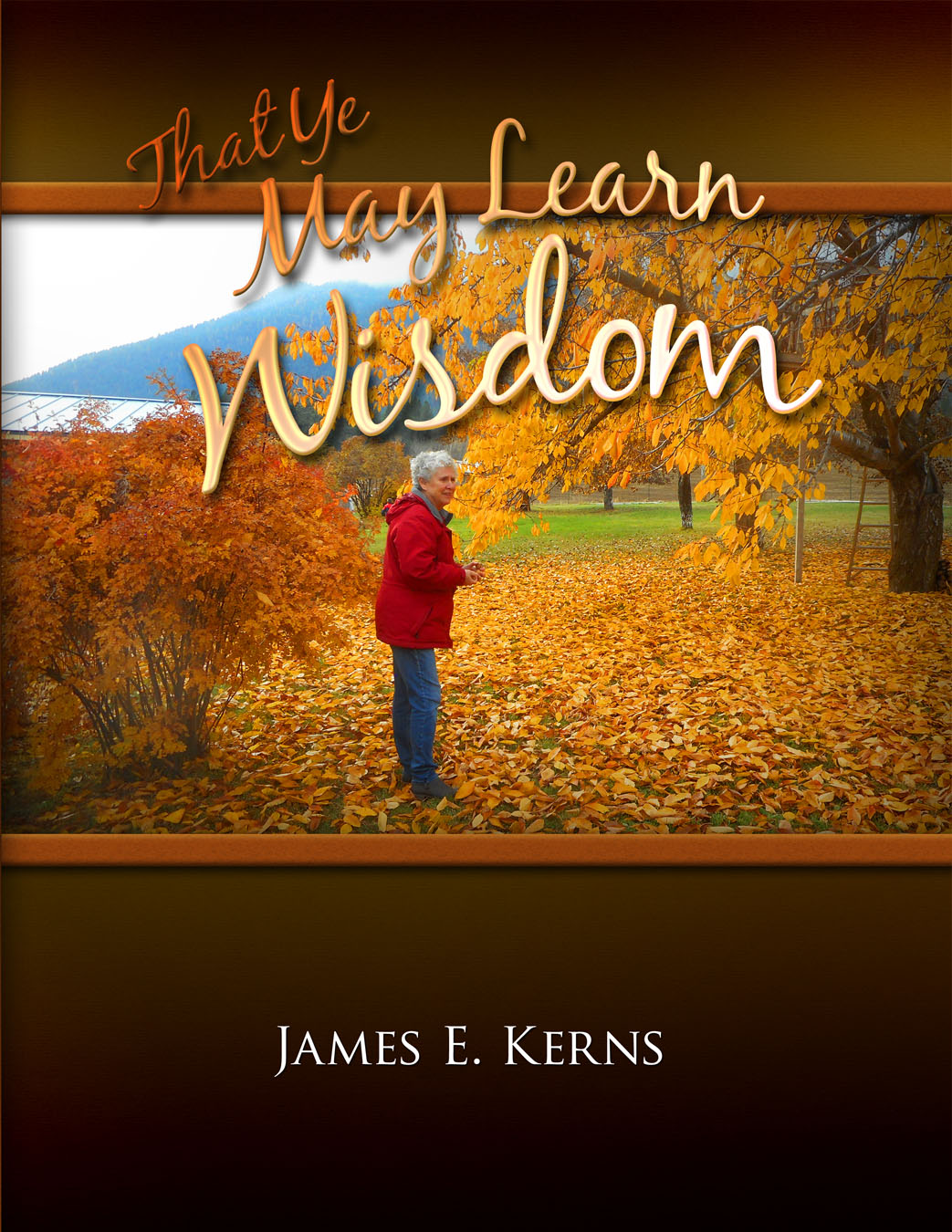Categories: All Articles, Forgiveness, Repentance, Sin, That Ye May Learn Wisdom
Cleverly Catching the Crooks
Two clever stories that intrigue me.
I wrote the first one, and the second is by Lee C. Johnson
CATCHING THE RUSTLER
In the 1920s the father of my friend, Bud Beeson, lived at Farewell Bend between Baker and Ontario. He was a farmer with a small herd of dark red shorthorn cattle. In the fall he would be missing numerous calves. while many of his neighbor's cows would have two calves apiece.
He reported his problem to the sheriff, who came to investigate. Together they took one of Beeson's red heifer calves, made a slit in the skin of her shoulder, inserted a 50-cent piece onto which the sheriff had scratched his initials, sewed the slit shut, and let the calf go.
Some months later the sheriff returned and went to see the neighbor. Pointing out the red heifer, he asked the man, "Is that your calf?"
"It's got my brand on it," the man answered.
"I'll ask you again," the sheriff said, "is that your calf?"
The man repeated that the calf had his brand on it.
They corralled the calf, the sheriff reopened the slit, and retrieved the 50-cent piece. The man was sentenced to the penitentiary.
STAGECOACH ROBBERY
The following story comes from A Brief History of Union County, Oregon,
by Lee C. Johnson, published 1985, pg. 41.
"Although it would appear that the Union County stage routes would have furnished many ideal locations for robbery, passing as they did through wild, rugged, and lonely country, comparatively few such attempts were made. The first organized effort to make away with the treasure of gold dust so often hauled by lumbering coaches occurred on the 2nd of August, 1868. In many respects it was as colorful as any imaginary account in the fiction of Bret Harte.
"The plot to rob the stage was formed in the mind of a Dr. LeBurr, a physician of Summerville who evidently found it necessary to seek other income than that afforded by his profession. At any rate he, John Wheeler, George Savage and Jim Bailey, all of Summerville, waylaid the stage near Hilgard at a point since known as 'Robber's Roost.' Seth Orten, the driver that day for the Hailey Stage Company suddenly found himself staring into the leveled rifles of two of the robbers, and being directed to kick off the mail sacks and express strong box, shoved off that part of his cargo with alacrity. Had he not been aware of the fact that the strong box did not contain the gold which the robbers sought, he might have made some effort to defend the property in his charge instead of obeying the command given him without question. However, the plot for the robbery had in some wise become known to Sam Hannah, the express company agent at Union, and he had craftily substituted rocks for the gold which would ordinarily have gone into the treasure box.
"The robbers, undoubtedly disappointed that their plan had gone awry, returned toward Summerville, and were tracked by a posse. Wheeler and Savage left the county but were shortly captured by a United States marshal named Robbins near Olds Ferry on the Snake River in Idaho. Although hand cuffed together, they jumped from the stage returning them to La Grande when it reached a point about three miles east of that town. The night had become extremely dark, they could not be found, but the next day Wheeler was recaptured and was taken into custody at Summerville along with LeBurr and Bailey. Savage escaped and was never heard from again. The others served long terms in the penitentiary for robbing the United States mails.
"After paying his debt to society, Doctor LeBurr returned to Summerville, resumed his practice of medicine, and became a respected and honored citizen of the community. During the diphtheria epidemic which raged over the valley after his return he answered every call made for his services and exemplified the highest traditions of the medical profession In later days, when asked why he returned to Summerville to re-establish his reputation instead of beginning life over again in some community where his dereliction was unknown, he replied, 'If you want to find anything, the place to look for it is where you lost it.'"
I loved this story because of its several twists and surprises, and especially because of the doctor's wonderful observation about repentance, and the community's willingness to forgive.
